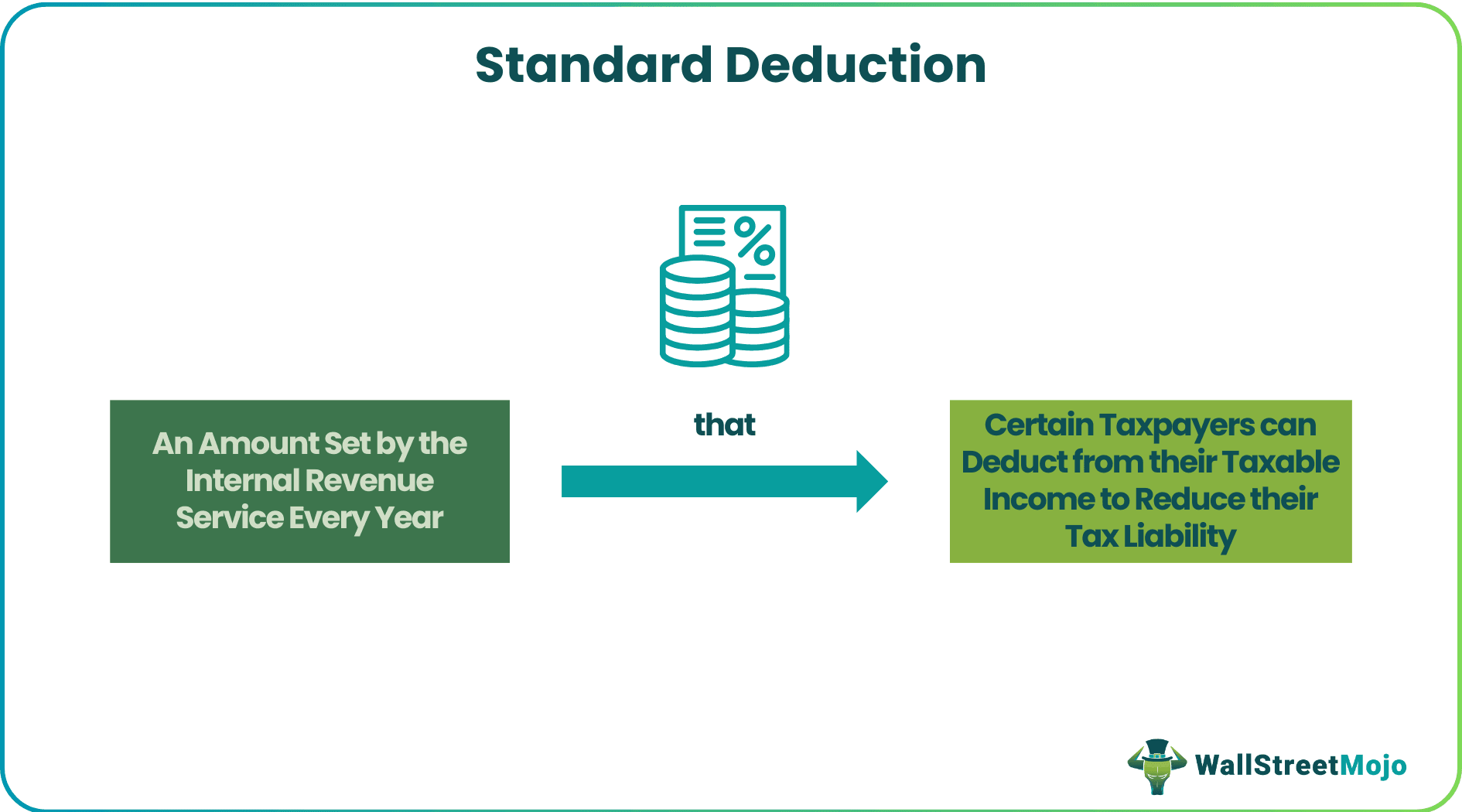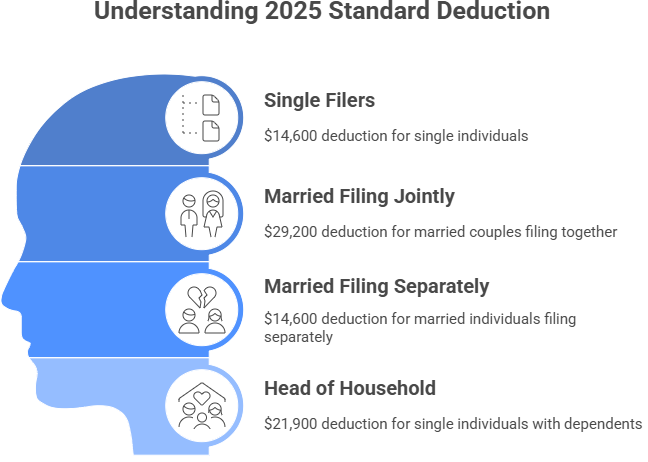Comprehending the Foreign Earned Revenue Exemption and Its Effect On Your Typical Deduction
The Foreign Earned Income Exemption (FEIE) supplies significant advantages for expatriates, permitting them to omit a portion of their foreign-earned revenue from U.S. taxation. Asserting the FEIE can complicate one's tax obligation circumstance, specifically concerning the standard deduction. Comprehending this interaction is vital for people living abroad. As migrants navigate these intricacies, they have to consider exactly how their selections impact their total tax obligation. What methods can they use to optimize their financial outcomes?
What Is the Foreign Earned Revenue Exclusion (FEIE)?
The Foreign Earned Income Exclusion (FEIE) works as an essential tax advantage for U.S. citizens and resident aliens functioning abroad. This arrangement permits eligible individuals to exclude a substantial part of their foreign-earned earnings from united state taxes, effectively decreasing their overall tax burden. The FEIE intends to relieve the economic stress on migrants and encourages Americans to pursue job opportunity in international markets. The exemption applies to wages, incomes, and professional costs gained while living in an international nation. The optimal exclusion quantity is changed each year for rising cost of living, ensuring that it stays appropriate to present economic conditions. By using the FEIE, expatriates can retain even more of their revenue, promoting financial stability while living overseas. Generally, the FEIE plays a crucial role fit the monetary landscape for Americans abroad, facilitating a smoother change to worldwide work atmospheres and promoting economic interaction on a global scale.
Eligibility Needs for the FEIE
Eligibility for the Foreign Earned Earnings Exemption (FEIE) rests upon conference certain requirements established by the Irs (INTERNAL REVENUE SERVICE) Primarily, individuals must be united state residents or resident aliens who gain revenue while staying in a foreign nation. To qualify, they have to satisfy either primary examinations: the Physical Presence Examination or the Bona Fide House Test.
The Physical Existence Test needs people to be physically present in a foreign nation for a minimum of 330 complete days within a 12-month duration - FEIE Standard Deduction. On the other hand, the Authentic Residence Examination demands that individuals develop residency in a foreign country for a nonstop duration that consists of a whole tax year
In addition, the income needs to be stemmed from individual solutions performed in the foreign nation. Fulfilling these needs allows taxpayers to leave out a significant portion of their foreign-earned income from U.S. tax, consequently decreasing their overall tax liability.
Just how to Claim the FEIE

To begin the process, people must collect documents that validate their international profits, such as pay stubs, income tax return from foreign countries, and any type of appropriate employment agreement. It is essential to guarantee all income claimed under the FEIE is earned from foreign sources and fulfills the needed thresholds.
Furthermore, taxpayers should consider filing deadlines and any kind of possible extensions. Claiming the FEIE appropriately not just aids in decreasing tax obligation liability but likewise assures conformity with IRS regulations. Proper documentation and adherence to guidelines are vital for a successful claim of the Foreign Earned Revenue Exemption.
The Interaction In Between FEIE and Conventional Deduction
The communication between the Foreign Earned Income Exemption (FEIE) and the basic deduction is an important facet of tax preparation for expatriates. Recognizing the standard concepts of FEIE, together with the restrictions of the basic reduction, can substantially affect tax obligation filing techniques. This area will check out these elements and their ramifications for taxpayers living abroad.
FEIE Essentials Explained
While several expatriates look for to minimize their tax worry, understanding the interaction in between the Foreign Earned Income Exclusion (FEIE) and the common deduction is crucial. The FEIE allows U.S. people and resident aliens living abroad to omit a specific amount of foreign made revenue from U.S. tax. This exemption can substantially reduce taxed revenue, potentially influencing qualification for other deductions, such as the conventional reduction. Extremely, individuals that assert the FEIE can not additionally take the standard deduction against the omitted earnings. Consequently, expatriates should meticulously review their total income and deductions to enhance their tax obligation scenario. Awareness of these communications can result in more informed economic decisions and better tax techniques for migrants guiding with their distinct scenarios.
Criterion Deduction Limitations
Comprehending the constraints of the standard reduction in regard to the Foreign Earned Revenue Exclusion (FEIE) is important for expatriates steering their tax obligation duties. While the FEIE allows qualifying people to omit a particular quantity of foreign-earned income from united state taxes, it can influence the typical reduction they are eligible to insurance claim. Particularly, taxpayers who declare the FEIE can not likewise claim the standard reduction on that particular excluded revenue. In addition, if a migrant's total income drops below the typical reduction threshold, they might not benefit from it whatsoever. This interplay requires careful preparation to enhance tax obligation advantages, as underutilizing the typical deduction can bring about greater taxable earnings and raised tax obligation liability. Understanding these constraints is vital for effective tax obligation technique.
Tax Obligation Declaring Effects
Navigating the tax declaring implications of the Foreign Earned Income Exemption (FEIE) calls for cautious consideration of exactly how it interacts with the conventional reduction. Taxpayers making use of the FEIE can omit a significant section of their foreign-earned earnings, yet this exemption affects their qualification for the common reduction. Specifically, if an individual insurance claims the FEIE, they can not additionally assert the typical deduction for that revenue. This can cause a reduced total tax obligation liability yet may complicate the declaring process. Additionally, taxpayers must assure conformity with IRS needs when submitting Type 2555 for the FEIE. Recognizing these interactions is important for maximizing tax obligation advantages while staying clear of potential risks in the declaring process. Careful preparation can take full advantage of benefits and minimize liabilities.
Potential Tax Ramifications of Making Use Of the FEIE
The Foreign Earned Earnings Exemption (FEIE) uses substantial tax advantages for united state people functioning abroad, but it likewise includes potential effects that require careful factor to consider. One major repercussion is the impact on eligibility for specific tax obligation credit histories and reductions. By electing to use the FEIE, taxpayers go to this website may unintentionally decrease their adjusted gross revenue, which can limit access to credit histories like the Earned Income Tax Credit or reduce the amount of standard deduction available.
Furthermore, people who utilize the FEIE find out might face issues when returning to the united state tax system, especially concerning the taxes of future income. The exclusion applies just to gained income, implying various other income kinds, such as dividends or rate of interest, stay taxed. This distinction demands precise record-keeping to guarantee conformity. Ultimately, the FEIE may influence state tax obligation obligations, as some states do not acknowledge the exemption and may exhaust all earnings made by their residents, no matter of where it is made.
Tips for Maximizing Your Tax Obligation Benefits While Abroad
While functioning abroad can be improving, it likewise provides special possibilities to optimize tax benefits. To make the most of these advantages, people need to initially identify their qualification for the Foreign Earned Revenue Exemption (FEIE) and think about the physical visibility examination or the authentic home examination. Maintaining in-depth records of all earnings gained and costs incurred while abroad is important. This paperwork sustains insurance claims for reductions and credits.
Furthermore, comprehending the tax obligation treaties in between the United States and the host country can aid prevent double tax. People must also discover contributions to tax-advantaged accounts, such as Individual retirement accounts, which might supply further deductions.

Last but not least, getting in touch with a tax obligation specialist focusing on expatriate tax obligation law can provide customized methods and guarantee conformity with both united state and international tax responsibilities. By taking these steps, migrants can effectively improve their monetary scenario while living abroad.
Regularly Asked Questions
Can I Use FEIE if I Work for an International Government?
Yes, a person can use the Foreign Earned Earnings Exclusion (FEIE) while working for an international federal government, offered they meet the requisite problems outlined by the IRS, including the physical presence or bona fide home examinations.

Does FEIE Relate To Self-Employment Earnings?
The Foreign Earned Revenue Exclusion (FEIE) does relate to self-employment income, offered the individual satisfies the necessary demands. Eligible self-employed individuals can omit qualifying income made while living in an international nation from taxation.
Suppose My International Earnings Goes Beyond the FEIE Limit?
The excess quantity might be subject to United state taxes if international earnings exceeds the FEIE limit. Taxpayers need to report and pay tax obligations on the revenue over the exemption threshold while still gaining from the exemption.
Can I Assert the FEIE and Detail Deductions?
Yes, individuals can claim the Foreign Earned Revenue Exclusion (FEIE) while likewise detailing reductions. Nevertheless, they must realize that declaring the FEIE may affect the accessibility of specific itemized deductions on their income tax return.
Exactly How Does FEIE Impact My State Tax Obligation Commitments?
The Foreign Earned Income Exclusion can reduce state tax responsibilities, as many states adhere to government standards. However, specific state guidelines vary, so it's vital to consult state tax laws for specific implications on tax obligation duties.
The Foreign Earned Income Exclusion (FEIE) offers substantial benefits for expatriates, allowing them to exclude a part of their foreign-earned revenue from United state tax. While lots of migrants look for to minimize their tax burden, comprehending the communication in between the Foreign Earned Earnings Exclusion (FEIE) and the common deduction is vital. Understanding the limitations of the typical reduction in relation to the browse around this site Foreign Earned Revenue Exclusion (FEIE) is essential for migrants navigating their tax duties. The exclusion uses only to earned earnings, suggesting various other earnings kinds, such as returns or rate of interest, stay taxed. The Foreign Earned Earnings Exclusion (FEIE) does apply to self-employment revenue, supplied the individual satisfies the required needs.